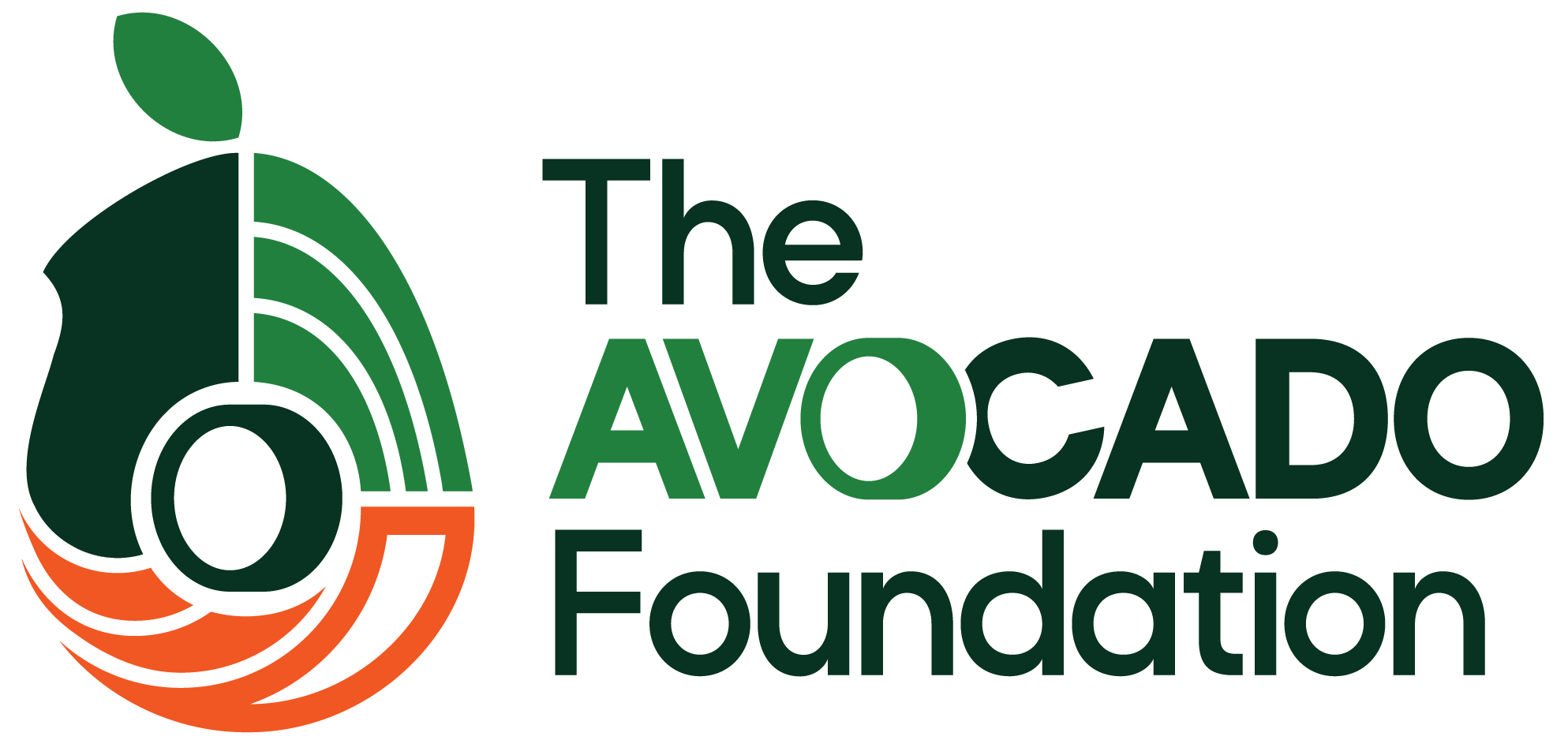The majority of our ninth season of the Bonsai Briefs podcast has explored debt: how to avoid getting into uncontrolled debt, understanding its risks, and budgeting to ensure you can pay it back. There’s a lot to unpack, so keep reading.
Subscribe to the BonsaiBriefs Podcast for daily money tips!
Register for our Upcoming event on the 22nd of June 2023 – How to Save and Invest in your 20s and 30s and gain practical finance tips to help you achieve your money goals. Get your Ticket!
The two main forms of debt are secured and unsecured.
Secured debt covers large loans like mortgages for houses and auto loans for vehicles. They’re ‘secured’ by material possessions known as ‘collateral,’ which the lender will seize should the money not be repaid. Typically, these debts stay with the borrower for decades, being paid back little by little.
Unsecured debt usually includes financial products like credit cards and payday loans that aren’t tied to collateral. The downside is that unsecured loans usually need to be paid back much faster than secured loans, often within a month, and the interest—a percentage of the loan added to it by the lender periodically—is usually higher than for secured loans. If you fall behind on interest payments, debt can quickly become unmanageable.
Working out a budget that is personal to you means first deciding what you need to cover your monthly expenses. Your monthly expenses are things like your rent, travel costs, food shop, insurance and phone bills. Without a budget, it is easy to fall behind on debt payments and spend money you don’t have.
It’s important to be honest with your spending, so don’t just go off the cuff: look through a recent bank statement and figure out your spending categories. Work out your total average monthly outgoings and take it away from your income, including any support you may get from the government or your local council. This final number is your surplus: what you have left over to spend on other things.
Example: Income (£1600) – Monthly expenses (£960) = Surplus (£640)
After paying your monthly expenses, it’s a good idea to use some of your surplus to pay more than the minimum amount on a credit card, mortgage, or any other loan. Not only does this pay off the debt faster, reducing the risk of it becoming problematic, but it could also increase your credit score and your chances of securing future loans on more favourable terms, like a lower interest rate. It’s also important to have a savings fund for emergencies and expenses that come irregularly, such as your boiler breaking or an MOT on your car. Not having this safety net is a major reason why people take out loans in the first place.
One way to ensure you don’t spiral into unmanageable debt is to not take out a high interest rate credit card until you are confident with managing your monthly budget and income. Taking on high interest overdrafts and loans without fully understanding the terms and conditions of the agreement can cause a lot of stress, as well as having a negative effect on your credit score.
Listen to season 9 on the BonsaiBriefs podcast to learn more about Debt, how it is used and how to manage it.
Follow us on Instagram and Tiktok for more daily money tips!
Are you a STEM student living in the UK, interested in improving your digital and technical skills by gaining hands-on work experience while making a difference?
Join our Tech for Good Summer Internship Programme happening July-August! Help nonprofits with digital transformation by building and revamping websites. You’ll be mentored by top tech pros at Engineers Without Borders, improve your skills, and network with like-minded individuals.
Don’t miss out, Register Now!
[DISCLAIMER – Money4YOU is not a registered provider of financial advice. You should always seek a regulated financial professional’s advice before making major financial decisions.]
